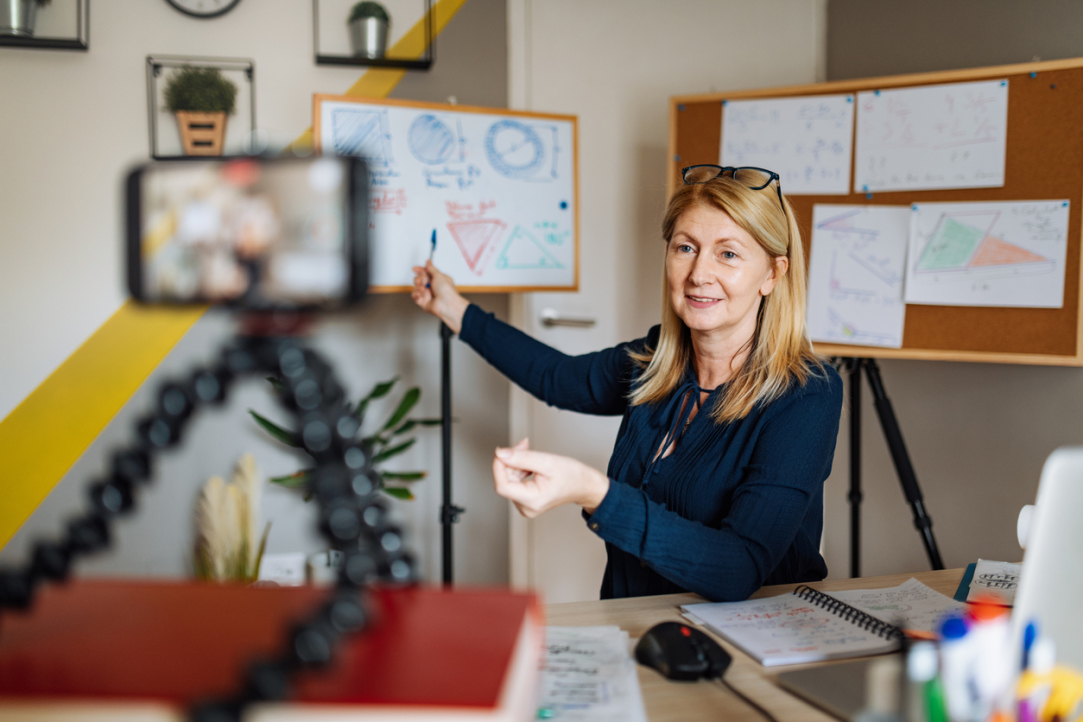
Home Study or Home Suffering? Lessons of the Pandemic for Primary and Secondary Education
Online learning for schoolchildren — a temporary solution authorities have implemented due to the COVID-19 epidemic — has generated a lot of heated debate. Families worry about the quality and outcomes of online learning, and teachers worry about the excessive workload. School heads have their own headache about how to organise the remote learning. A year has passed since the start of the pandemic, and students have been attending their classes online since March — it is already possible to take stock and look at the situation in a comprehensive and impartial manner, which is what a team of HSE researchers has done. Here are the main results of their study and their proposed solutions to the most pressing problems.
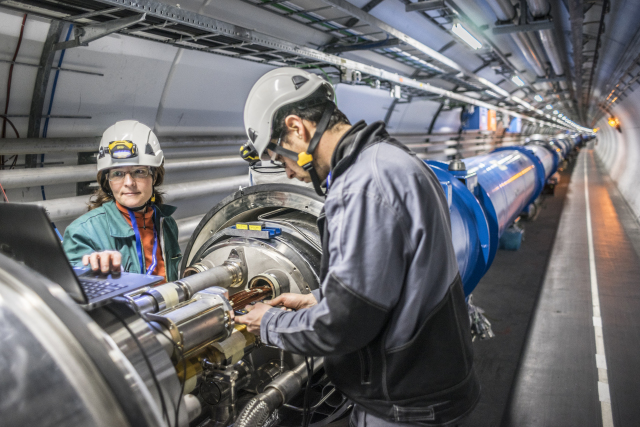
HSE Researcher Appointed Coordinator in Large Hadron Collider Experiment
Mikhail Guschin, Research Fellow at the HSE University Laboratory of Methods for Big Data Analysis of the Faculty of Computer Science, was appointed coordinator of the machine learning and statistics working group in the LHCb Large Hadron Collider experiment at CERN (the European Organization for Nuclear Research). He will be the only representative of a Russian University among the coordinators for the experiment’s working groups.

A Biased Evaluation of Employees’ Performance Can Be Useful for Employers
In assessing an employee’s performance, employers often listen to his immediate supervisor or colleagues, and these opinions can be highly subjective. Sergey Stepanov, an economist from HSE University, has shown that biased evaluations can actually benefit employers. An article substantiating this finding was published in the Journal of Economic Behavior and Organization.
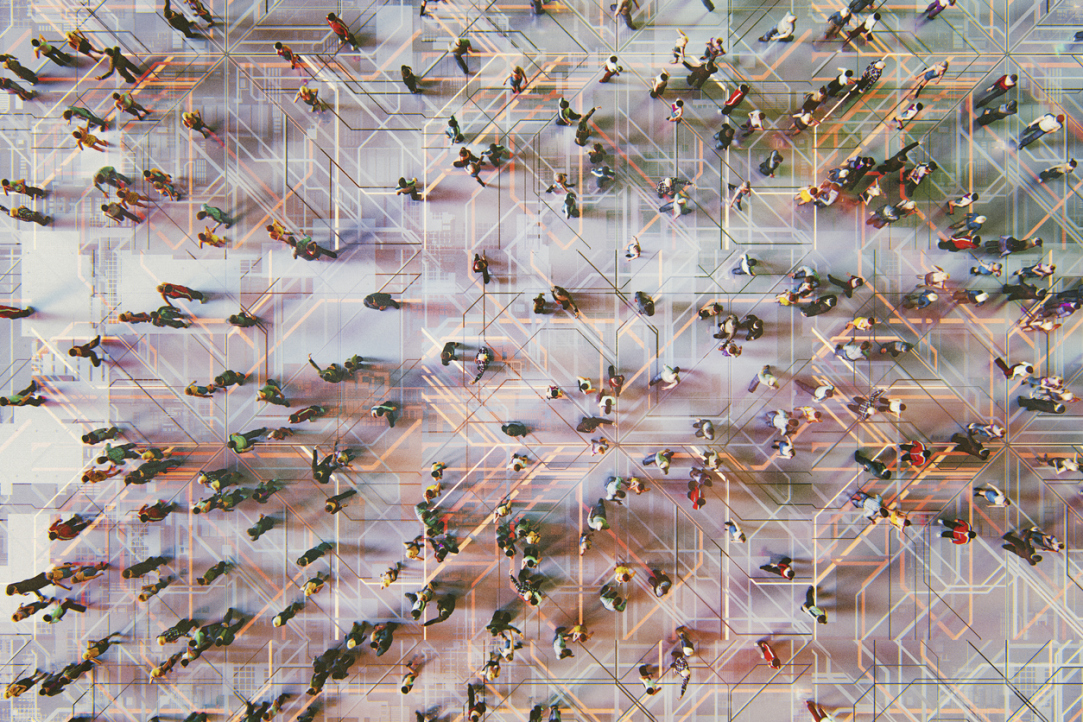
Building Bridges between Knowledge and Society and Making Policy More Effective
On December 4, the International Advisory Board of the Institute for Statistical Studies and Economics of Knowledge of HSE University met for its annual meeting. It was an anniversary event, as was the X Foresight Conference that preceded it. Largely thanks to the online format, the assembled board was the most representative of the field in its history. Experts from 20 international partner centres assessed ISSEK’s activities over the past year and proposed a wide range of topics for new research.
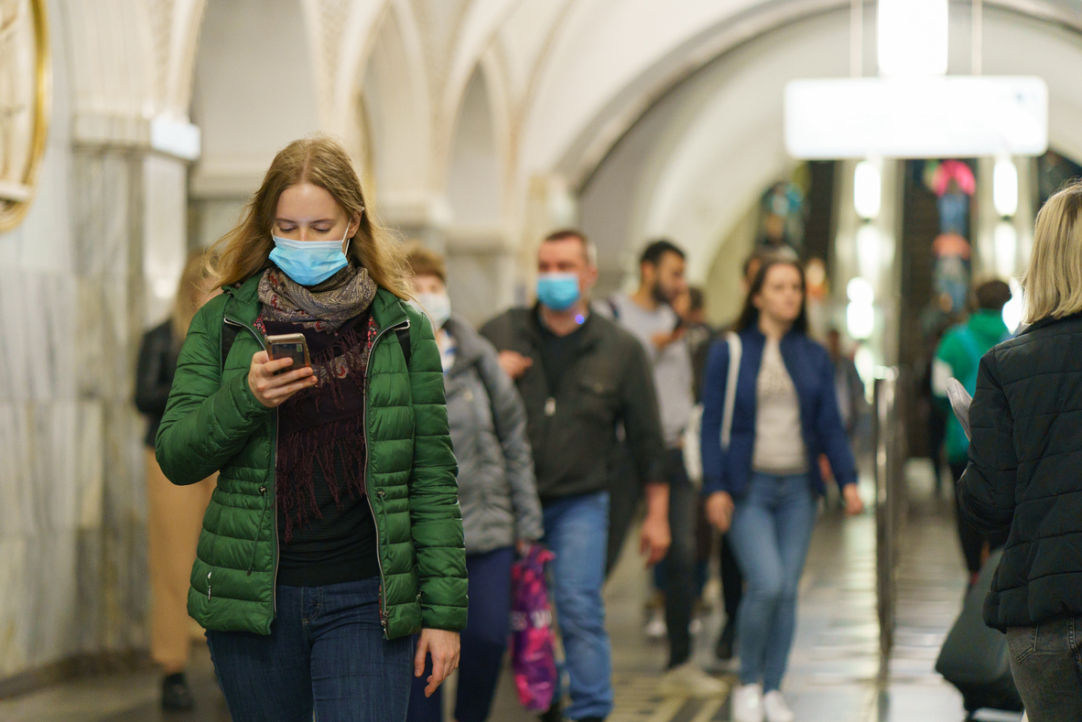
Russians’ Social Well-Being: How the Pandemic is Changing Society
In 2020, against the backdrop of the coronavirus crisis and other global challenges that are increasing uncertainty, HSE University social scientists recorded the most significant shift in people’s perception of current fundamental social and economic issues. In particular, respondents expressed increased approval of the government, higher demands of it, as well as higher levels of ‘profound’ civic activity and self-confidence.

Project 5-100 Universities See a Dramatic Increase in Publications in Leading Journals
A team of HSE researchers—Nataliya Matveeva, Ivan Sterligov, and Maria Yudkevich—have analyzed the research activity of universities participating in Russia’s Academic Excellence Project 5-100. Overall, the quality of publications of these universities has improved. Collectively, participating universities have tripled their number of publications in reputable journals in the past three years, and researchers have begun to collaborate with each other more frequently. The study was published in the Journal of Informetrics.

HSE Faculty of Mathematics Receives Mega-Grant from the Russian Government
43 projects from all over the country were awarded grants in Russia’s Eighth Mega-Grant Competition. HSE University’s application in support of the creation of a world-class laboratory in mathematics was among the winners. The academic supervisor of the new laboratory will be Professor Michael Shapiro of Michigan State University (USA).
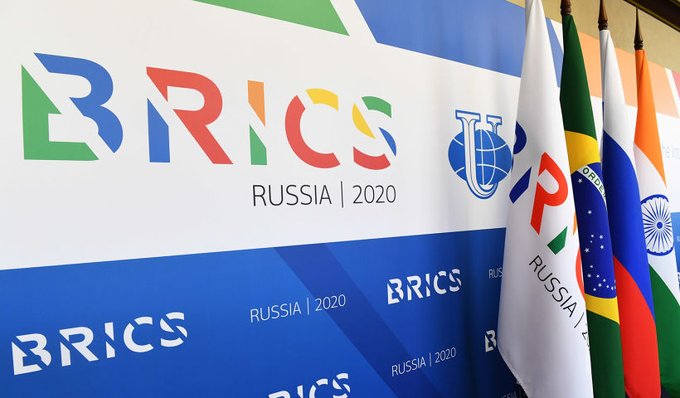
HSE University Hosts Roundtable Discussion on Anti-Corruption Education in BRICS Countries
Representatives of governmental bodies and international organizations joined BRICS experts to discuss anti-corruption education at a roundtable that took place on December 1 as a videoconference. Representatives of HSE university participated in the event organization and the discussion itself.

The Shorter the Delay, the More Effective the Neurofeedback
HSE University scientists have for the first time in the world investigated the impact of delayed reinforcement signals in neurofeedback (NFB) training. They have experimentally proven that reducing the delay in feedback (decreasing feedback latency) can significantly increase the efficacy of training.
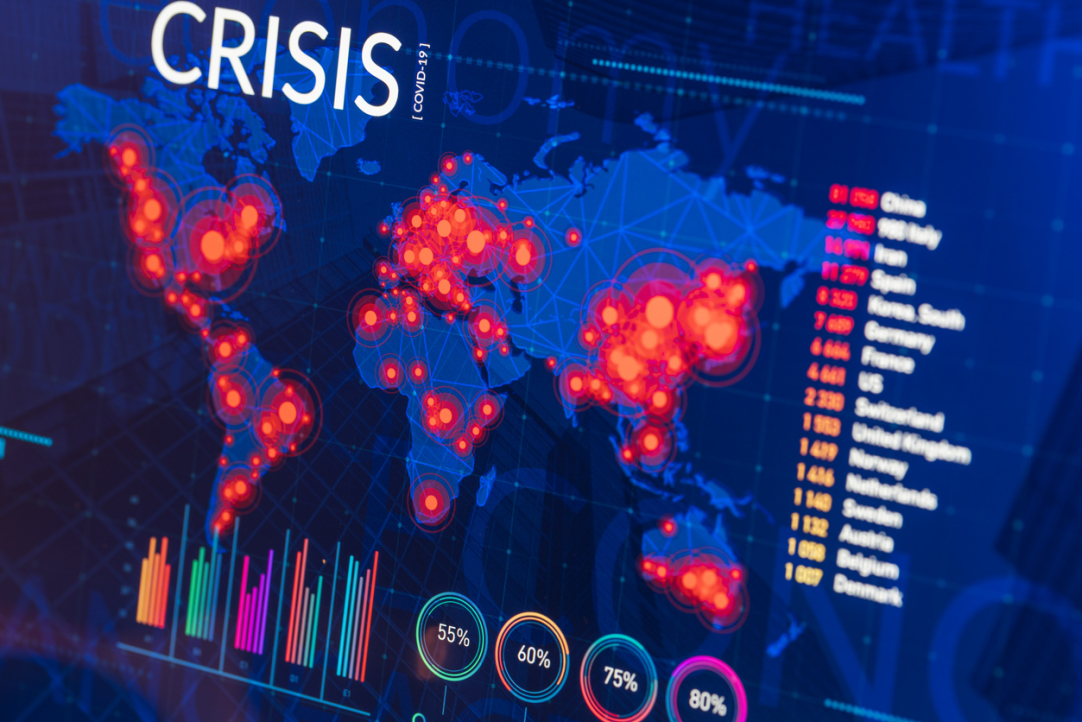
The Perfect Coronavirus Storm: a Crisis with Hope for a Speedy Recovery
How high is the risk of a full-blown financial crisis after the pandemic? Which countries and regions are most at risk? Are national governments managing to cope with the challenge of preventing economic collapse? Such topics were the focus of attention at the annual conference organised by the HSE University Faculty of World Economy and International Affairs.

